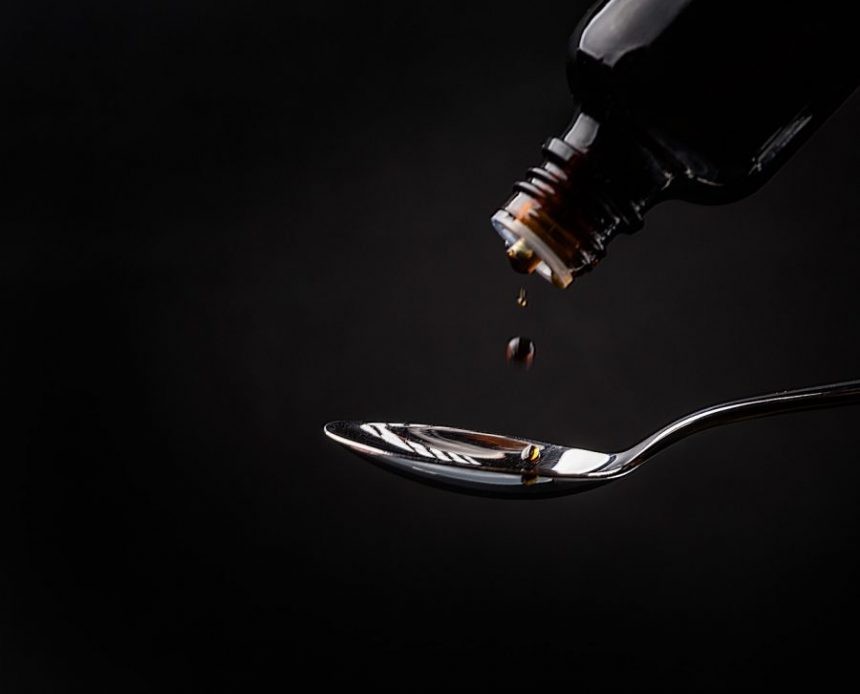Cold weather and feeling under the weather go hand in hand once the winter months arrive, with coughs, sneezing, fevers and sore throats becoming the status quo. But before you head to your local pharmacy and reach for the syrup and/or throat lozenge, take note that what may offer you fast relief, can potentially have longer term side effect: tooth decay.
Registered Dental Hygienist Anaida Deti is regularly tapped to provide tips and commentary to Canadians on how to take better care of your oral health. With this harsh winter season offering no respite for those suffering from coughs and colds, her immediate advice to patients she sees starting with an ailment is to find a sugar-free alternative, or better yet avoid then altogether. She explains that ingredients in common cold medicines often contain sugars, high fructose corn syrup and even citric acid: components that help increase your chance of cavities and tooth decay, if used frequently.
“We all want fast relief from congestion driven headaches, sore throats and dry or phlegmy coughs that inhabit us from our daily activities and work life,” says Anaida, “but taking medicines right before bed, or continuously sucking on lozenges can cause more damage than reprieve due to their high sugar and citric acid contents as they can coat your teeth with sticky, damaging cavity-contributors while stripping away at your protective enamel.”
Anaida suggests the following to help keep your oral health safe while getting the relief you need:
- Let your toothpaste be the last thing in your mouth before bed, not your medication: Just like other foods, your cold medication contains ingredients that, if left over night, can rot your teeth. Your best bet is to take medication with meals instead of right before bedtime.
- Opt for a pill instead of syrup: although pill-form might not give you that fast relief, it will help better protect your teeth from the sugars and citric acid in your cough syrup.
- Tea Time: for a sore throat or dry cough, try sipping on some hot water with a tsp of honey and some ginger and lemon to help with relief.
- Increase your water intake: drinking more water will help wash away any added sugars and acids that have clung on to your teeth from the lozenges and syrups
- Give yourself some humidity: setting up a humidifier before bed will help keep moisture in the air while your sleeping to alleviate your sore throat, stuffy nose or dry cough

